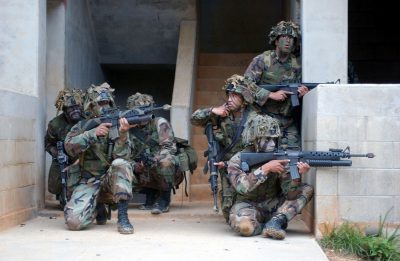The foreign policy of Japan in the post-Abe period: America, China, Mekong, and Russia
Sawako Utsumi and Lee Jay Walker
Modern Tokyo Times

The geopolitical challenges for Japan throughout Northeast Asia and the Asia Pacific are enormous. Thus with Prime Minister Shinzo Abe resigning then a challenging period will ensue. After all, unlike many other recent leaders in Japanese history, Abe did have a vision of Japan’s future in the international arena.
Equally, the current leaders of America, China, and the Russian Federation are led by individuals with strong opinions and objectives. Of course, America is more unpredictable because of the future election that will either return President Donald Trump – or witness Joe Biden becoming the next leader. Therefore, the resignation of Abe at such a delicate period is problematic because of uncertainty in America.
Tensions over geopolitics, trade, alleged spying, and political interference between America and China is intense. Hence, the next leader of Japan should take heed of Abe’s more diplomatic nuance between America and China.
Similarly, relations between Japan and the Russian Federation improved greatly under Abe. Yet, the territorial dispute remains – in the Russian Federation it isn’t deemed a dispute – and more nationalist voices in the Liberal Democratic Party of Japan exist. Thus, political elites in Tokyo shouldn’t rock the boat but follow Abe’s diplomatic approach to the Russian Federation.

Abe focused heavily on strengthening the democratic angle of military and political initiatives with Australia and India – and others in the Asia Pacific. At the same time, this included strengthening ties with America (a familiar objective) internally and with other nations throughout the Asia Pacific. Hence, joint military exercises involving America, Australia, Japan, India – and others – overlapped naturally.
Also, in the Mekong Delta region, Japan strengthened ties with all nations. This notably applies to Myanmar and Vietnam. Thus Abe showed independence – just like building relations with the Russian Federation – because some nations opposed Abe’s diplomatic stance with Myanmar.
However, for Abe, and others in Japan, the Mekong Delta is a very important region. Therefore, positive relations with Myanmar, Thailand, and Vietnam are a collective backbone.
Abe equally focused on modernizing the armed forces of Japan in many areas. Hence, the next leader of Japan will be wise to focus on the positives of Abe’s foreign policy approach.
After all, unlike the foreign policy disaster of Junichiro Koizumi under his leadership (2001-2006), Abe leaves behind a positive expansionist approach. This overlapped with pragmatism towards China and the Russian Federation. Therefore, just like perennial issues with North Korea and South Korea, a strong leader is needed in the area of foreign policy to further Japan’s international standing.
Lastly, Japan should strengthen ties with Taiwan that involve the European Union and other nations internationally – and not a sole approach. Equally, Japan should refrain from events in Hong Kong because this is an internal issue for China.

PLEASE DONATE TO HELP MODERN TOKYO TIMES
Modern Tokyo News is part of the Modern Tokyo Times group
DONATIONS to SUPPORT MODERN TOKYO TIMES – please pay PayPal and DONATE to sawakoart@gmail.com
http://moderntokyotimes.com Modern Tokyo Times – International News and Japan News
https://www.pinterest.co.uk/moderntokyotimes/ Modern Tokyo Times is now on PINTEREST
http://sawakoart.com – Sawako Utsumi personal website and Modern Tokyo Times artist
https://moderntokyonews.com Modern Tokyo News – Tokyo News and International News
PLEASE JOIN ON TWITTER
https://twitter.com/MTT_News Modern Tokyo Times
PLEASE JOIN ON FACEBOOK
https://www.facebook.com/moderntokyotimes